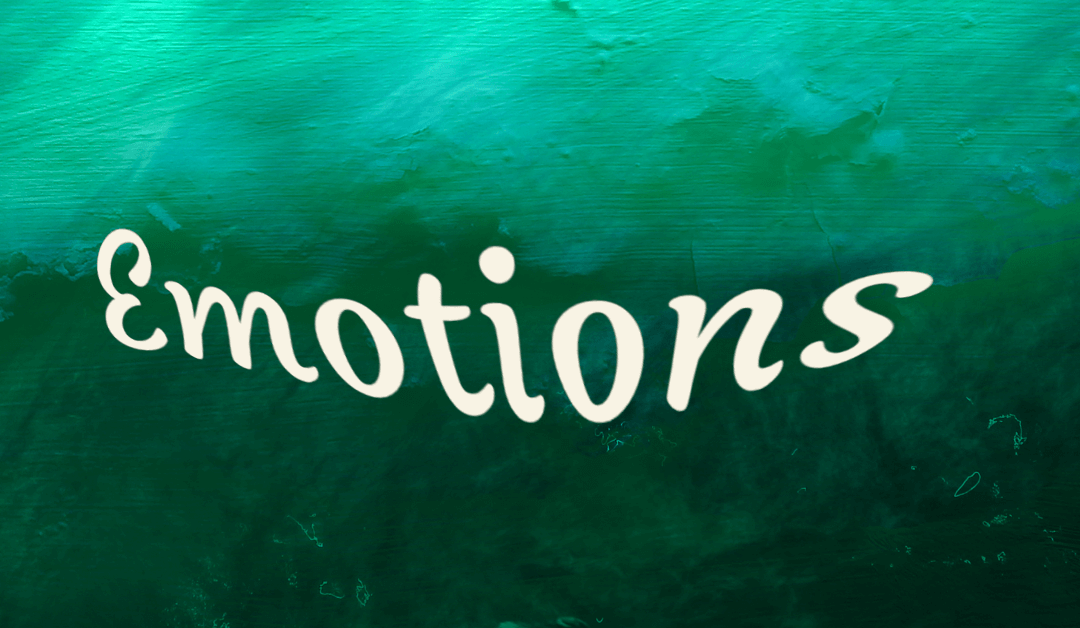I’m in control of my life. You’re in control of your life. We’re all in control of our lives. Right? We know what we’re doing! I know why I just ate a slice of that cake. Because I was hungry. It had nothing to do with me shouting at a colleague for five minutes.
He spilled his coffee over my presentation notes. Sure, reprinting those notes would have taken less than one minute. But I don’t feel bad about that. That wasn’t overreacting… everyone shouts once in a while. Gimme that cake.

It is true that everyone misreacts once in a while. But why? Because we are not in tune with our emotions. Most people don’t even know what exactly emotions are. I know I didn’t learn about emotions and feelings in school. Did you?
Yet, emotions are the underlying currents of our lives. If we’re happy, the world is a beautiful place. If we’re grumpy it’s a dump. That’s how powerful emotions and feelings are. That’s how important they are.
So here are 7 things you should know about those underlying currents that have the power to change your world.
1. Emotions are a filter for information
Every day you are exposed to a ton of information. If the part of your brain that is you, meaning your consciousness, had to deal with all of it, you would go mad. So your brain filters the information and only passes on the relevant bits.
Which bits are relevant? Whatever you already think and feel. If you have a certain belief, your brain shows the information that confirms that belief. This is called confirmation bias. If you have a certain emotion, your brain shows you the things that will keep you feeling that way.
For example, if you are happy, all the people you see are smiling because you stop noticing the frowns. Your brain focuses on that one ray of sunshine in a pile of clouds. And all you hear in your annual review is the praise and the tips for the future.
If you are stressed, on the other hand, your brain notices your really long to-do list. And goes through it repeatedly. Why? Because you feel stressed, and your brain tries to help you stay that way.
Isn’t this system simply marvellous? But wait, it gets better.
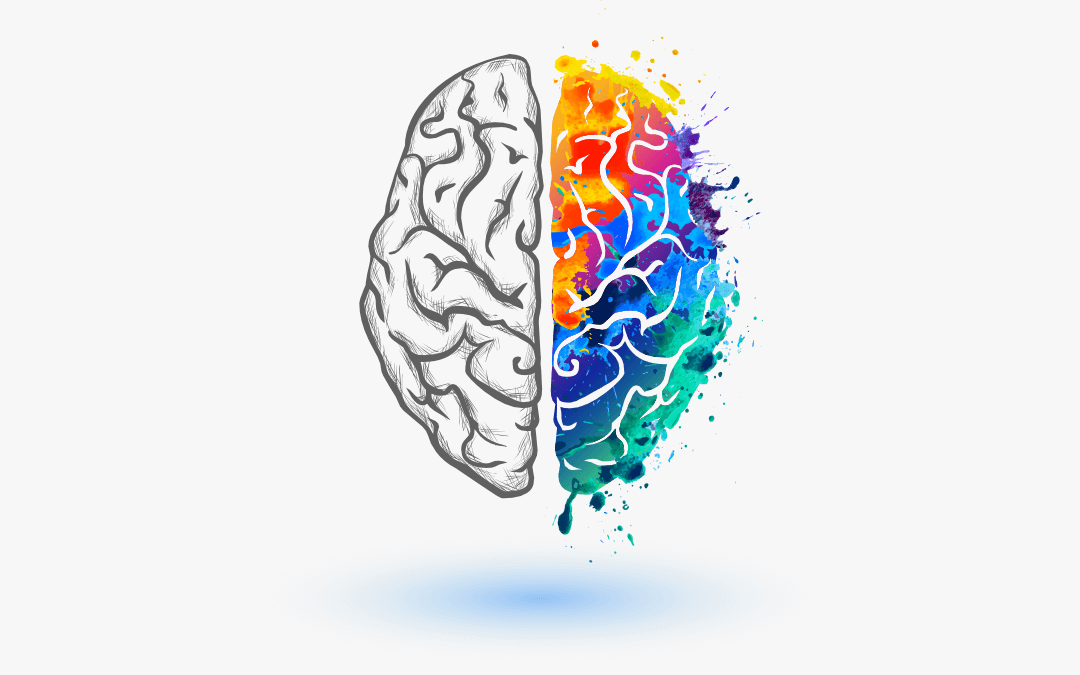
2. Emotions and memory are interlinked
The emotional centre of your brain is called the amygdala. It is also closely involved with your memory. This is not a coincidence.
Every time something happens to you, your amygdala tags the event with an emotion. If that emotion is “boring”, for example, you will probably forget what happened. If it’s tagged with “excitement”, or “fear”, you’ll probably remember. Why? Because now the event has meaning for your life.
Ever wondered why when you feel embarrassed you suddenly go through a medley of all your failures and mistakes, like the time in third grade you fell off your bike in front of your friends who laughed at you? That’s your amygdala bringing up memories that were tagged with “embarrassment” to help you stay in that emotional state.
And when you are happy it’s a lot easier to remember all the great things you did in your life, like climbing that mountain, starting your own company, and that one time you guessed wordle on the first try!
By tagging events with emotions, your brain can access memories faster and throw out the unimportant ones. It also gives meaning to the events in your life. But emotions are not just in your head.
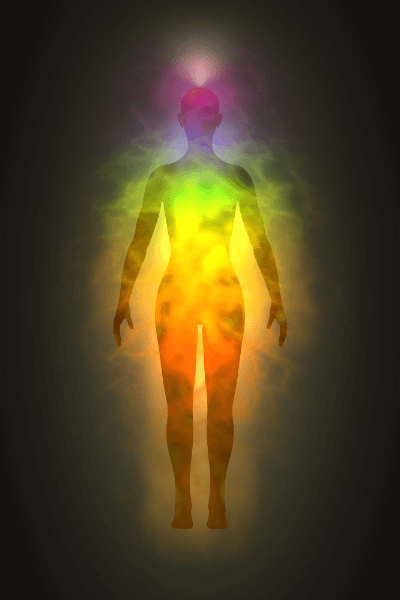
3. Emotions trigger physical reactions
Emotions set off chemical chain reactions in your body. The stronger the emotion, the more intense and longer lasting the physical reaction.
Fear, for example, is a very strong emotion. It has one purpose: keep you safe. When you are afraid, hormones are released into your blood stream, your heart rate increases, your vision narrows and blood flows into your arms and legs. All of this prepares you to either fight or run away as fast as possible.
These physical reactions have been perfected over millions of years in us and our ancestors. They are triggered automatically and can last for hours, especially if we don’t know how to handle our emotions and feelings.
Speaking of feelings…
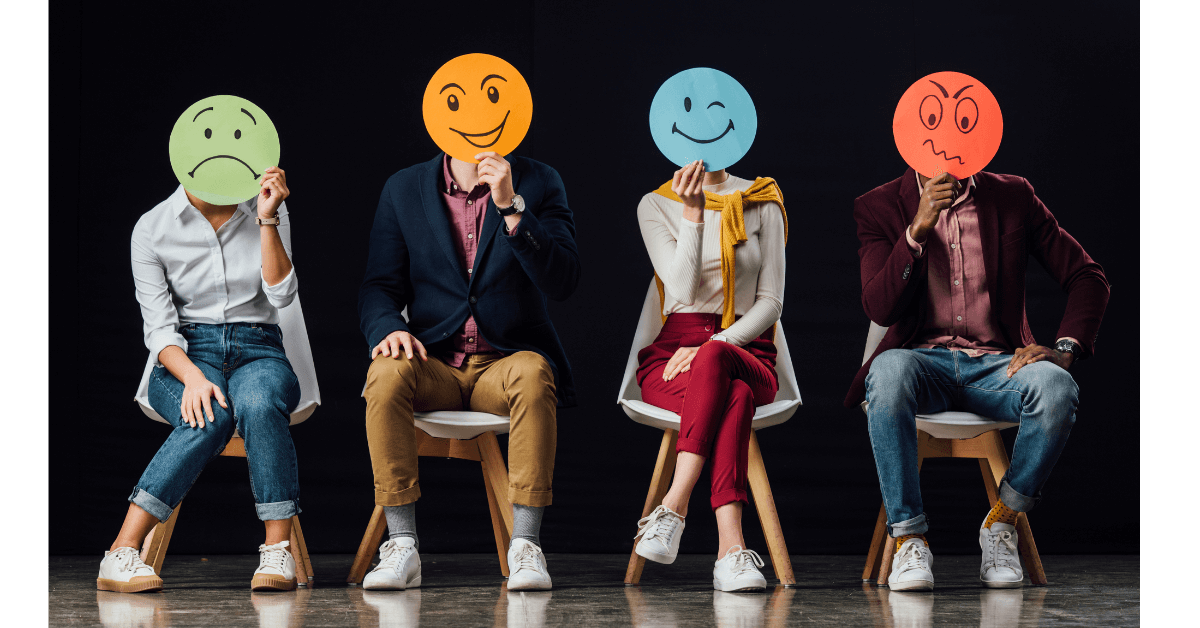
4. Feelings are conscious interpretations of emotions
According to the psychologist Nico Frijda emotions are unconscious reactions to events and feelings are conscious interpretations of those emotions. While you cannot stop emotions, you can choose which feelings you associate with them.
For example, your annual review at work is the event. The emotional response is a stress response. Adrenaline is released into your body. Your heartrate accelerates and your palms break out in sweat. But how do you feel about it?
If you believe that stress is bad, you will associate negative feelings with your annual review. You will resent your boss and your company because they make you go through this nonsense every year. Maybe there’s even some guilt because you know you could have done better on that last project. And you are embarrassed because of your sweaty palms.
But when you are aware of your emotions, you can literally decide how you want to feel. Self-awareness allows you to tune in to your body. You know that your underlying emotional reaction is stress. What’s even worse you’re also tired because you stayed up too late last night binge watching Netflix.
So, you decide to lean into the adrenaline from your stress response because it wakes you up! Now you feel alert and ready to listen to your boss’s feedback, maybe even excited that you get the opportunity to learn how to do better next year so you can finally get that promotion.
Easy. So how come most of us never do that?
5. Feelings are learned – repeatedly
The feelings you associate with certain emotions are learned from parents, siblings, caregivers, friends, teachers, anyone in your surroundings.
If your parents are afraid of taking risks, for example, you learned that your racing heart and sweaty palms are a sign of fear. Risk is bad, so stop what you’re doing right now.
If you grew up with people who consider taking risks necessary for success, you feel excited about this amazing opportunity.
Same emotion (=physical reaction: increased heart rate and sweaty palms), different feeling (=interpretation: fear vs excitement).
The great news is that anything you learned can be unlearned. We are social beings who take our behavioural cues and our beliefs from the people around us and share our own beliefs with them.
If you are surrounded by people who say “no” to a lot of opportunities, you will slowly adapt and do the same. Why? Because you learned to see your emotions as fear and not excitement.
This works just as well in the opposite direction. Surround yourself with positive people and you’ll become more positive too. Emotions are just waves of reactions in your body. It’s up to you what you make of them.
Ok, great. All you need to do now is add different feelings to your emotions and everything’s peachy. Right? Well… not yet.
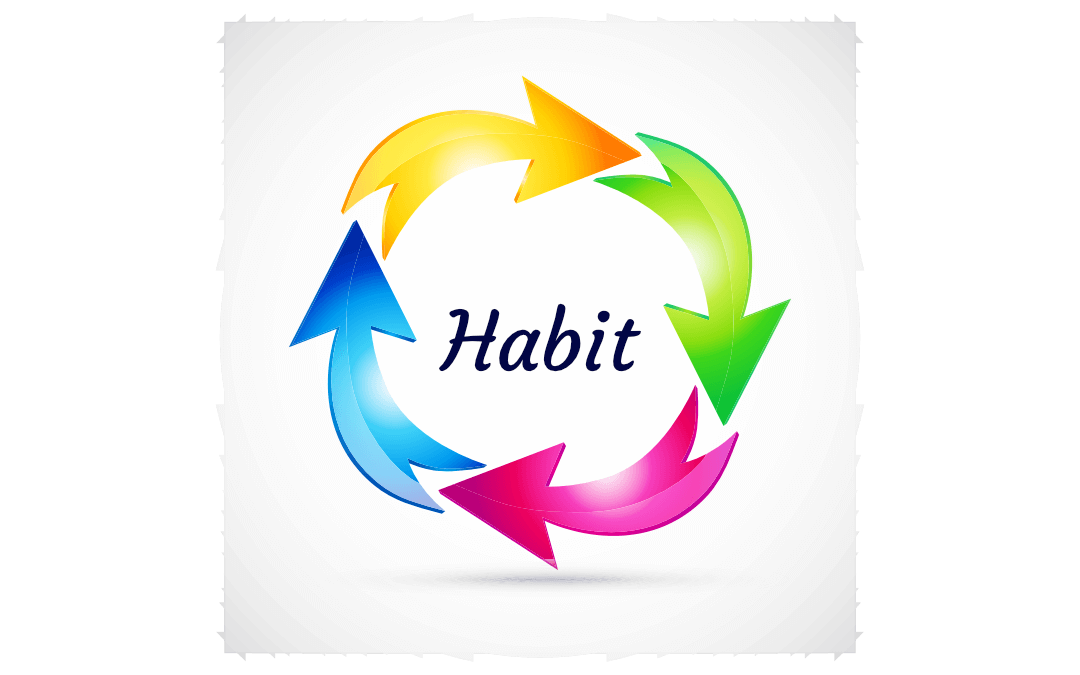
6. Over time, emotions and feelings become habits
Let’s say you have to make a phone call. Your palms are sweaty. You feel sick and is the room spinning? Phone Anxiety is a real thing. You’re not alone. Up until last year, I had it too because I’d developed a new habit.
In my early twenties I would call up my friends spontaneously. They’d call me too whenever they wanted to talk. Text messages were for emergencies because each one cost money. If I had a question about taxes, university administration, health insurance, I would call the office responsible for these things and ask.
Then things changed. I mostly connect through messages. If I have a question now, I’ll send an e-mail. When I want to talk to a friend, we schedule the call.
So on the very rare occasions my phone rings, my heart races and my palms sweat. Who could that be? What could they want? Is this bad? Anxiety made these questions so much worse and before I knew it, I had a new habit: the emotions caused by a phonecall = fear.
If you repeatedly connect the same feeling with a certain emotion or action this becomes a habit. It becomes automatic.
Here’s another scenario: You have to make a decision about what to do next with your life. Stay in your industry even though it’s only meh on the good days? Change to a different company? A different industry? A different country?!
You are stressed. Your super-helpful brain wants to keep you that way so it notices all those articles, videos and social media posts of people who are so successful and it all started with that ONE DECISION that CHANGED THEIR LIVES.* Thank you, brain!
So you postpone the decision and possibly lie down on the floor in a foetal pose. You tell yourself you’ll focus on smaller choices, like what to wear to work today. But why is that suddenly a stressful choice too?! Because now the act of making a decision has that “stress” tag. If you don’t stop your worries about unimportant choices quickly, soon any decision will stress you out.
Act the same way repeatedly and you build a habit. React the same way repeatedly and an emotional response becomes a habit. Connect the same feeling to an emotion again and again and your feeling becomes a habit.
If you want to break this cycle, you need to treat it like habit change. Start small, keep it simple and repeat.
Why does all this matter so much? Because emotions and feelings create your thoughts. And your thoughts create your actions.
7. Emotions and feelings influence your actions
When you are happy, you are more productive and make less mistakes. The quality of your work is better. Why? Because your brain is at its best.
When you are miserable you plough through your day, head down, teeth gritted, because all those chemicals released into your body by negative emotions get in the way. Your vision narrows. Your mind goes off on worry-tangents.
So, if you want to change your actions, you have to start with your emotions and feelings. Tune into your body and mind to identify those underlying currents that got you into this state in the first place.
This practice is called self-awareness, the most important Emotional Intelligence skill because it allows you to pause.
You are nervous about this new project so your vision narrowed and you’re more likely to overlook a mistake. What can you do now that you are aware of the issue? Ask a colleague to take a look.
Your shoulders are tense. You feel frustrated. About what? Is there something wrong with this task or the way you’ve been doing it? Do you need a break?
Once you identify the currents that shape your life you can decide what action to take.
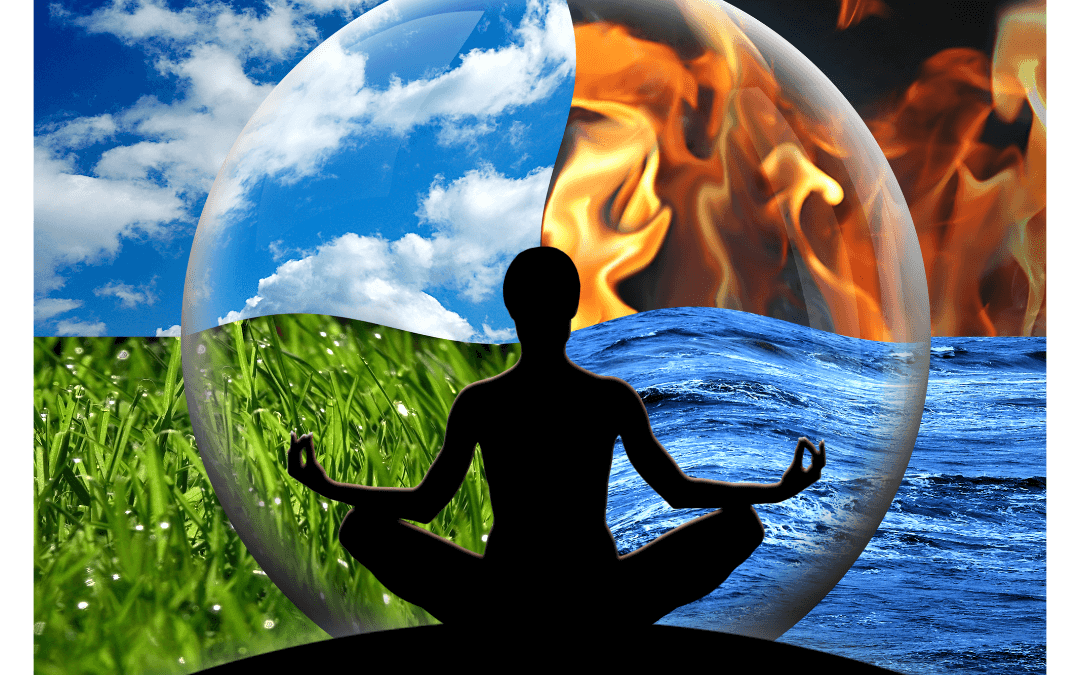
Your emotions and feelings are powerful. They shape your thoughts and your actions. They shape you.
But you are not powerless. Now that you know what emotions and feelings are, you can work towards better thoughts and better actions. Repeat the process to create better habits and a better life for yourself.
* That’s nonsense, by the way. People just reduce the complexity of their lives, so it’ll fit into a social media post. Lives are made up of a million micro decisions. Possibly even more. And yes, you can always change your mind. Take me back up, please.
